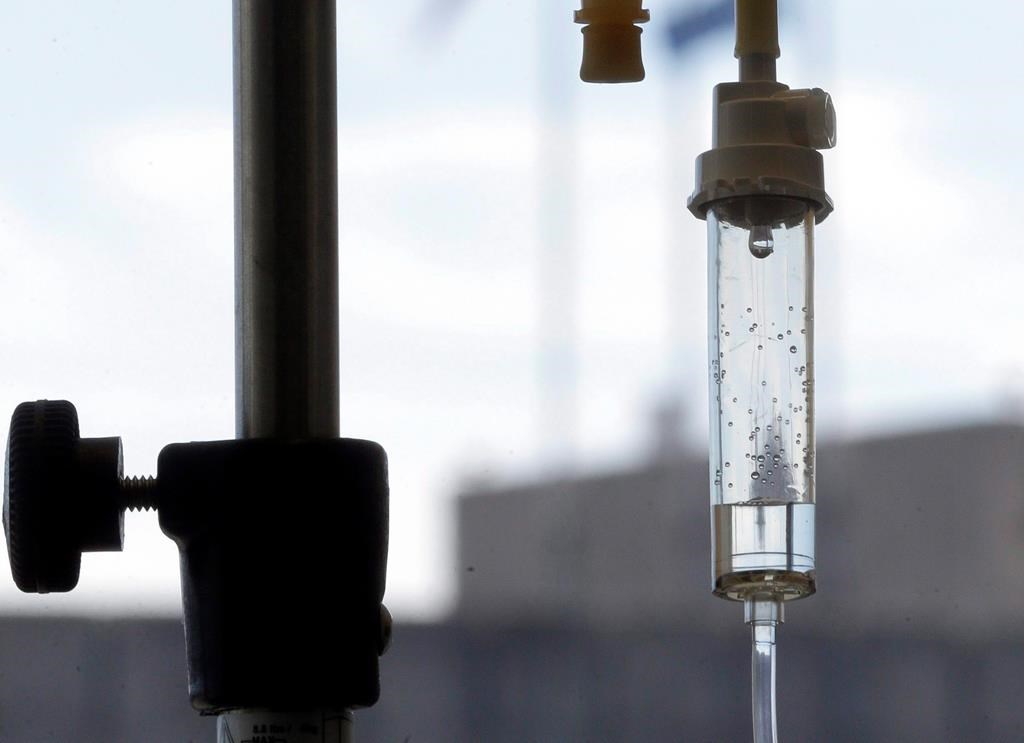Montreal – American researchers are seeking to discover a new technology that can increase the effectiveness of some immune cells against cancer cells by a factor of one hundred.
Ironically, by studying the genetic mutations that cause malignant T cells to cause a type of cancer (lymphoma), researchers from the University of California, San Francisco and Northwestern University were able to identify a gene that could increase the effectiveness of healthy T cells. Without making it toxic.
“(The study) authors said, 'Wait a minute. If T-cell cancers cause these T cells to survive, proliferate, and form tumors, then perhaps there are messages within these cancerous T cells that can improve the proliferation and function of normal T lymphocytes.'” Medical Director, Center of Excellence in Therapeutics Cellular at Maisonneuve Rosemont Hospital.
Although the field of immunotherapy is thriving and is the origin of promising advances in the fight against cancer over the past 10 years, the treatment cannot currently be used for all patients.
Cancer remains a formidable opponent and has mastered the art of exploiting the body's resources to survive. It is also highly resistant to attacks by the immune system, to the point that T cells – whether natural or developed in the laboratory – end up exhausting themselves before being destroyed.
However, the genetic mutation identified by American researchers gives healthy T cells superior abilities that allow them to survive and fight longer in the toxic environment generated by the tumor. The T cells created by these scientists were able to attack and destroy skin, lung and stomach cancers in mice.
But it's still a bit too early to declare victory, Dr. Delisle believes.
“They (the American researchers) did a fairly short follow-up with a mouse model to reassure us,” he said. We must understand that we are playing with fire. We introduce cancerous abnormalities into normal lymphocytes and the last thing we want is for these lymphocytes to become cancerous.
Dr. DeLisle added that the study shows the effectiveness of modified T lymphocytes in the short term, “but the greatest strength of immunotherapy is its ability to be sustained over time.” This has not been proven yet.”
Dr. DeLisle concluded that searching for and identifying genes that make it possible to improve the efficiency of T lymphocytes remains a “very promising avenue of research” and that several teams around the world are interested in it.
The results of this study were published in the prestigious scientific journal Nature.

“Subtly charming problem solver. Extreme tv enthusiast. Web scholar. Evil beer expert. Music nerd. Food junkie.”


